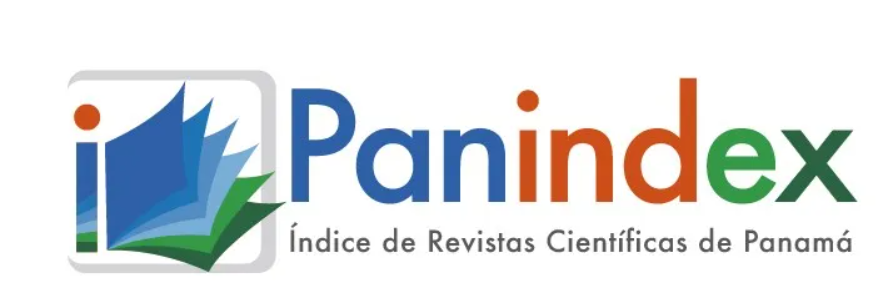The content of the publications and the links suggested in them are the sole responsibility of the authors and not of the METROPOLITAN UNIVERSITY OF EDUCATION, SCIENCE AND TECHNOLOGY (UMECIT) or CATHEDRA magazine. They are protected by international copyright laws just as the UMECIT and CATHEDRA logos, hence their reproduction is totally prohibited
This work is licensed under a Creative Commons Attribution-NonCommercial-NoDerivatives 4.0 International License.
The authors maintain the copyright and transfer the right of the first publication to the journal, with the article registered with Creative Commons Attribution-NonCommercial-NoDerivatives License, which allow others They can download the works published in this magazine and share them with other people, as long as their authorship is recognized, but they cannot be changed in any way nor can they be used commercially.
Authors are recommended to include their work in social networks such as Researchgate and institutional repositories once the article or visible fact has been published on the journal page, without forgetting to include the digital document identifier and the name of the journal.



Abstract
The Panamanian registration system has provided balance to our society for one hundred and eight (108) years and was established with the objective of giving public record of faith, providing the registrations with publicity, substantivity and specialty of the rights recognized therein. If the registration institution did not exist, uncertainty and social confusion would soon happen to us. The existence of the Public Registry of Panama is based in Title II of the Fifth Book of the Civil Code of the Republic of Panama approved by Law No. 2 of 22 August 1916 which came into effect from the 1 October 1917 and with a specific objective “According to the new registration system will decrease considerably disputes over domain property that must assert the right prescription.” In summary, the registration has a constitutive and legal security nature, because it governs the principles of prayer, successive tract, authentic title, legality, publicity, priority, specialty, legitimacy, of the public faith that have a single purpose: control, order and clarity in the inscriptions providing legal security to citizens.
Keywords
References
FERNANDO DE LA PUENTE DE ALFARO, (2010), Medios de Calificación del Registrador y Título cuya nulidad no resulta del mismo: Una Propuesta, Cuadernos de Derecho Registral, Colegio de Registradores de la Propiedad y Mercantiles de España.
MANZANO SOLANO, ANTONIO, (2009), Estudios sobre la Hipoteca, Colegio de Registradores de la Propiedad y Mercantiles de España, pág. 690
OLMEDO ARROCHA OSORIO, (2016), Biografia y Genealogia de un Código.
VAN EPS, JUAN, (2013), Registro Público de Panamá, Cuarta Edición, págs.271-273.
Leyes
Constitución Política de la República de Panamá, publicada en Gaceta Oficial 25,176 de 15 de noviembre de 2004.
EXPOSICIÓN DE MOTIVOS. Código Civil, documento publicado en la Gaceta Oficial 2,418 de 7 de septiembre de 1916.
Ley N°2 de 22 de agosto de 1916 “Por la cual se aprueban los Códigos Penal, de Comercio, de Minas, Fiscal, Civil y Judicial, elaborados por la Comisión Codificadora” publicada en Gaceta Oficial N°2,418 de 7 de septiembre de 1916.
Ley N°43 de 13 de marzo de 1925 “Sobre Reformas Civiles” publicada en Gaceta Oficial N°4,622 de 25 de abril de 1925.
Sentencias de la Corte Suprema de Justicia
Sentencia de 24 de mayo de 2001, Sala de lo Civil, Corte Suprema de Justicia, Magistrado Ponente: Rogelio Fábrega.
Sentencia de 30 de enero de 2007, Sala de lo Civil, Corte Suprema de Justicia, Magistrado Ponente: José Troyano
Downloads
Publication Facts
Reviewer profiles N/A
Author statements
- Academic society
- Universidad Metropolitana de Educación, Ciencia y Tecnología
- Publisher
- Universidad Metropolitana de Educación, Ciencia y Tecnología




















